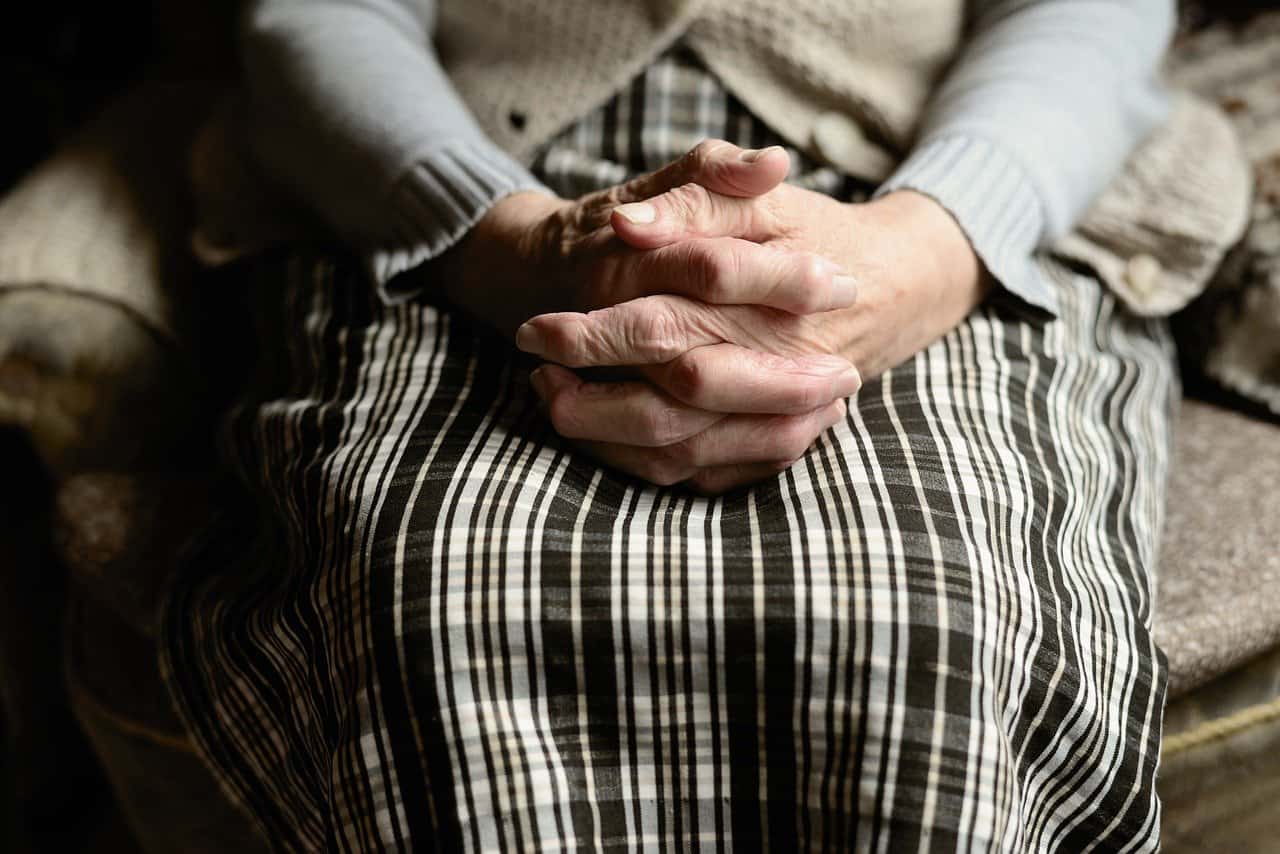
How Hospice Care Can Help With Social Wellness
With July being Social Wellness Month, it’s only fitting that we touch on how hospice care in San Francisco and elsewhere can help promote social health. Social wellness involves nurturing yourself and your relationships with others, giving and receiving social support through trying times, and what more of a trying time than hospice? Nurturing social networks in good times and bad gives you people you can turn to in your time of need or crisis, boosting your self-image and refreshing your perspective on life.
Social support can augment the quality of life a person in hospice has left, acting as a buffer against life events that can take a toll. Social support takes many forms:
- Emotional (AKA non-tangible) support includes the actions people take to ensure another person feels cared for.
- Instrumental support is physical support, such as financial or housekeeping.
- Informational support involves giving someone in need important information that helps them.
Within hospice, both the patient and the family members need all the support they can get — especially within the social realm. We are part of a society, and we interact with people in that society. When our place in society is threatened, such as with a life-ending illness, we often feel ourselves reaching out and grasping whatever social support we can get to enhance our remaining quality of life, gain perspective and find meaning. From support groups to counseling, hospice helps with social wellness in many ways, for both the individual and the family members.
Ways Hospice Can Provide Social Wellness Support
There are many roles hospice plays in a family’s life, not the least of which is social in nature. Here are some of the main ways it helps all members of a family face end-of-life care for a loved one.
1. Care Support
Caring for a loved one who is nearing the end of life is challenging and overwhelming. Many individuals with a life-threatening illness decide to take part in hospice within their own home, being surrounded by the ones they love. The hospice care team can visit them in their home on a regular basis to provide medical and emotional support, from monitoring and treating symptoms to showing family members how to care for the patient when the nurses can’t be there, according to DailyHealthWire.
The hospice care team is also comprised of a social worker who can address the emotional and social needs of the individual and family, helping them cope with the challenges brought on by a life-ending illness. Many people also opt for the services of a chaplain as part of the hospice team to address religious and spiritual needs as well.
2. Respite care
If you are the primary caregiver for someone in hospice, you know how demanding and exhausting it can be day in and day out. Respite care gives you a chance to take a break when you need it, whether for a couple of hours during the day to run errands or a few days off to care for yourself and your own family. This is a time to recharge your batteries so that when you do step back into the caregiver role, you will feel refreshed.
3. Grief support
Counselors and therapists can help the individual come to terms with facing the end of their lives, as well as help families cope with the anticipation of losing their beloved family member. Offering guidance and support, counselors can provide one-on-one or group sessions to provide a safe space in which people can speak about their emotions and fears. Hospice can be an isolating time. Counseling and support groups can bring that social component back into the mix so you never feel alone.
4. Planning
Hospice staff may also provide assistance with advance care planning if this hasn’t been put in place yet. They can facilitate discussions around health care preferences, preparation of Living Wills, Medical Power of Attorney, and other documents.
5. Less Stress
Research shows the spouses of hospice patients generally live longer than those whose spouses didn’t take part in hospice support. One study, in particular, revealed that surviving spouses whose husband or wife took part in hospice care enjoyed lower mortality rates a year and a half after their spouse’s death, compared with those not receiving hospice care. The obvious takeaway here is that hospice care brings benefits not just to the individual but to the whole family as well, relieving the burden of caregiving.
6. Peace of Mind
Meaningful, compassionate hospice care is an integral part of a patient’s last months and days. It allows them to pass on under their own wishes while spending quality time with their loved ones. Celebrating life with peace of mind rather than stress and uncertainty is one of the hallmarks of hospice care. Social wellness is just as important as physical health in this journey called life.
Contact Pathways Home Health and Hospice
To learn about how we promote social wellness during end-of-life care, contact us at 888-978-1306. We provide all elements of social support for both the patient and the family members.

